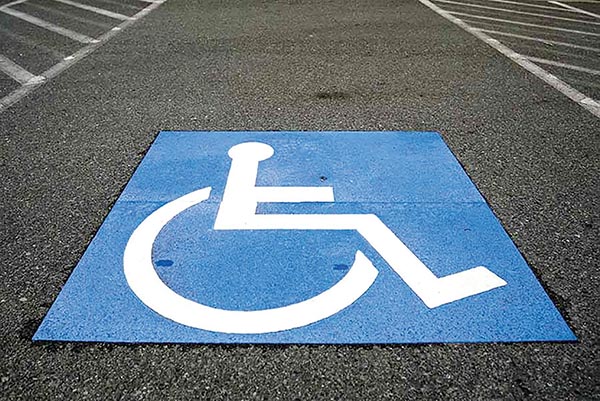By Oyetola Muyiwa Atoyebi & Ifediora Obiora Chisom,
In Nigeria, people with disabilities have historically faced various forms of discrimination and marginalization in different aspects of life, such as education, employment, and social activities. As a result, the voice of people with disabilities often goes unheard.
INTRODUCTION
The word “Disability” refers to a physical or mental condition that limits a person’s movement, senses, or activities. Disability covers activity impairments, limitations, and participation restrictions[1]. It has also been defined as “difficulty or dependency in carrying out activities of daily living which are mostly related to self-care and other activities that are essential to living independently”.
The Convention on the Rights of Persons with Disabilities (CRPD), defined persons with disabilities as “including those who have long-term physical, mental, intellectual, or sensory impairments that when combined with other barriers, may prevent them from participating fully and effectively in society on an equal basis with others’’[3]
In Nigeria, people with disabilities have historically faced various forms of discrimination and marginalization in different aspects of life, such as education, employment, and social activities[4]. As a result, the voice of people with disabilities often goes unheard. Over the years, there were little or no measures put in place to protect Persons with Disabilities.
However, in recent years, there has been a growing awareness of disability rights issues in Nigeria, and efforts have been made to address some of the challenges faced by people with disabilities. The Nigerian government has taken steps to promote the rights of persons with disabilities. This has been reflected in the country’s enactment, and ratification of several treaties, conventions, laws, policies, and initiatives aimed at improving the lives of people with disabilities. For example, in 2018, a notable accomplishment in Nigeria’s effort to defend the rights of people with disabilities was the signing of the Discrimination against People with Disabilities (Prohibition) Act. The Act prohibits discrimination against people with disabilities and also made provisions for their rights to education, health care, employment, and other services.
Also, the Nigerian government in a bid to ensure adequate protection of these persons with disabilities, has ratified international treaties and laws that promote the rights of people with disabilities. For example, Nigeria ratified the United Nations Convention on the Rights of Persons with Disabilities (UNCRPD) which promotes full inclusion and participation of people with disabilities in all aspects of life, and it advocates for accessibility of the physical environment, transportation, information, and communication as well as buildings, roads, schools, and medical facilities.
Despite these legal provisions, to ensure that the rights of individuals with disabilities in Nigeria are safeguarded and they can participate fully in all aspects of life, there is a need for continued advocacy and action.Thus, this Article aims to provide an overview of the laws and policies that are meant to protect the rights of persons with disabilities in Nigeria.


